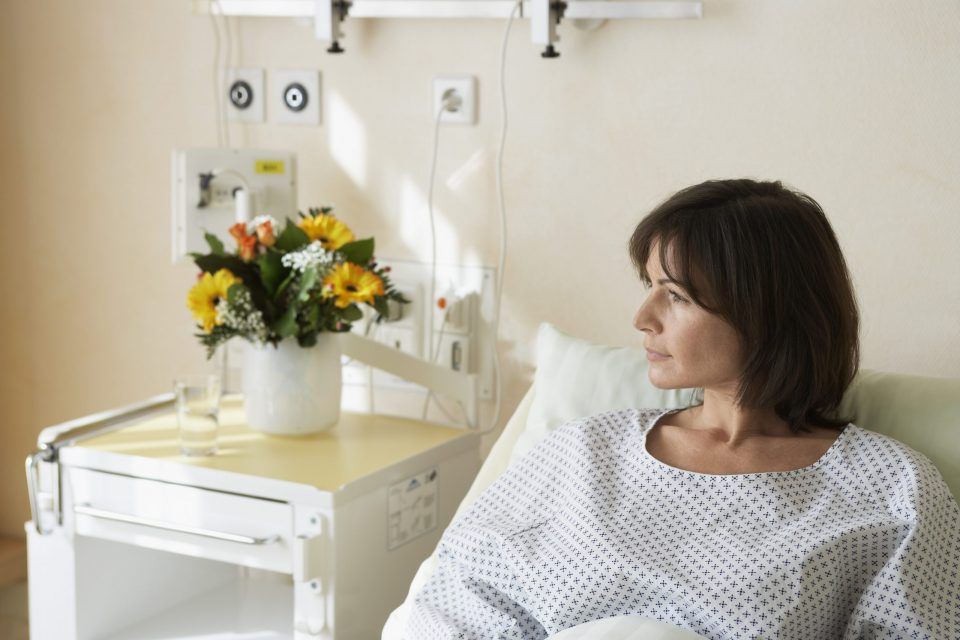“and secondly, it’s a very crude approach: currently, if i treat 10 new high risk melanoma patients, i give them the same drug; it’s not rocket science that it’s going to work for some but not others and some may see side effects and others may not.
“this is the biggest trial to show treatment improves with an individualized approach — and i think research into personal cancer vaccines is going to increase dramatically after this positive study.”
a new approach to melanoma
melanoma, the most serious form of skin cancer, is diagnosed in around 9,000 canadians every year,
according to the canadian cancer society. the disease, which originates in the skin’s melanocyte cells, can lead to cancerous tumours capable of destroying surrounding tissue and spreading to other parts of the body.
roughly 1,300 canadians die from the disease every year, with the majority of diagnoses and deaths occurring in men, most likely because melanomas tend to develop on the extremities of women, as opposed to the trunk, head or neck of men. in canada, the five-year net survival rate for melanoma skin cancer is 88 per cent.
in an attempt to improve treatment, researchers recruited 157 patients with stage 3 or 4 cutaneous cancer. these subjects had already had their tumours removed but, because the cancer had spread to a lymph node, they were considered at high-risk for recurrence. the team took tissue samples from each individual and used it to identify their cancer’s neoantigens — proteins that form on cancer cells that are unique to a patient’s tumour. the process allowed for up to 34 neoantigens to be added to an mrna molecule, which was then incorporated into the vaccine. one group received injections of the vaccine every three weeks, for a total of nine doses, in addition to immunotherapy; the other received only immunotherapy.
 4 minute read
4 minute read


















